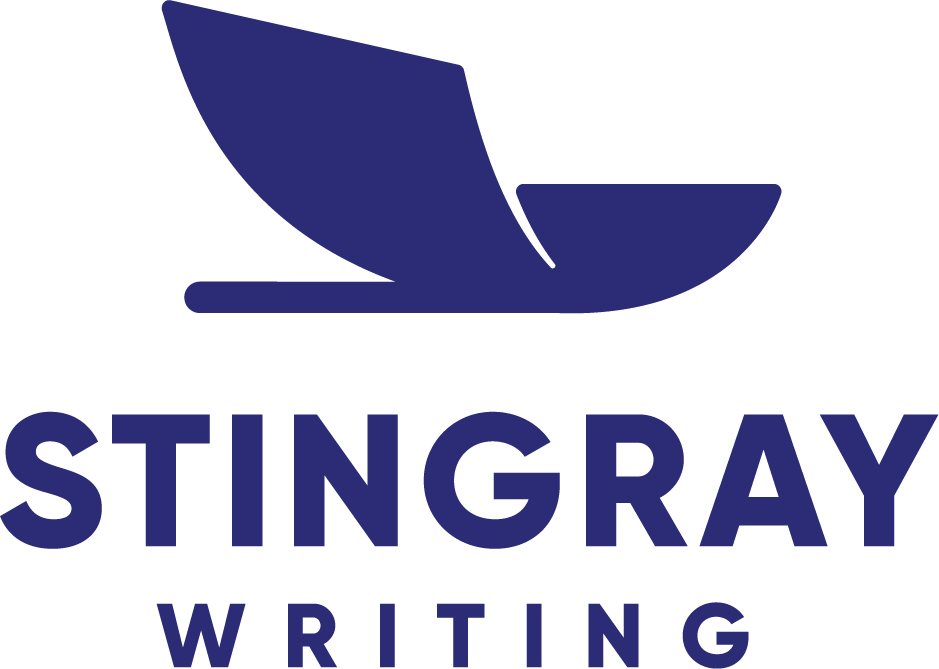SME Interviews: Ask Good Questions to Get Good Content
“What is XYZ?”
If you think this is how interviews should go, you’re wrong.
Ghostwriting is one of my favorite things to do. I’ve written hundreds of blogs and social posts for others, including CEOs, executive directors, and researchers. Sometimes these are dripping with data. Other times they’e laden with personal experiences and emotions. In each case, the subject matter experts (SMEs) are passionate about their areas of expertise, and they have tons of real-world advice to share. The trick is to get it out of their heads and into a doc in a logical, organized way.
That’s where I come in. Here’s how I conduct SME interviews for content marketing.
Don’t Interview. Converse.
Approach your SME like a human being, not a prisoner being interrogated. Yes, I do research in advance and have a list of questions handy. But I don’t read from a script. I like to call my interviews “conversations” because it reminds me that we are two people talking about a topic. We both speak, listen, and respond to each other in real time. My pre-written questions are handy to propel the conversation forward if we lose momentum or the thread of our topic. The best use for these questions is to help jog the SME’s mind and get them thinking about our topic and angle ahead of the interview.
Sample SME Interview Questions
Sure, you could generate a list of questions about your topic from any number of AI tools. But these are always too wordy for a real-life conversation, and they sound awkward and canned. Instead, I ask simple, straightforward questions and follow-ups, like these:
What are you thinking of when you think of X?
This gives me a glimpse of the SME’s thought process, personal experiences, or top-of-mind trends or research. It forms the foundation for the rest of the conversation.
What about Y?
This shows I did my own research and helps prompt the SME to include something they may have accidentally left out. It can be an opportunity to disprove a common misconception or add nuance to an argument.
What does Z look like?
This gets into the topic’s nitty gritty. It helps me visualize a process, explore concrete details, or glean examples that I can incorporate into the finished piece.
What happens if....?
This gets to the why of the whole piece — the consequences of not using a product or service, or the effects of a certain process. It can also probe a thesis to test its logic.
What are the challenges in XYZ?
This helps me see the inherent problems my audience faces. This is a springboard to talk about solutions in a more helpful way than traditional “marketing” speak.
Anything else you’re thinking of or want to add?
I always (*try to) ask this at the end of each interview. Do they want to redirect the conversation or emphasize something? Did I forget to ask about their favorite aspect of our topic?
Interview Tools
Here are my go-to tools for ghostwritten articles, SME interviews, feature story interviews, webinar recaps, customer use cases, and more:
Rev.com
I always default to Rev for video and audio transcriptions with timestamps that correspond to the recorded video. This is especially helpful if my SME is screensharing something because I can easily go back to that part of the interview and screengrab what was shared, along with the audio, while I follow along on the transcript. Rev also offers a helpful AI chatbox for extracting outlines and meaningful quotes. And it’s only about $15 to transcribe an hour-long video interview.
Recorder.Google.com
If I interview someone on my Pixel phone instead of on my laptop, the Recorder mobile app captures the interview audio AND automatically transcribes it for free. The file syncs across my Google account so I can later access the transcript and audio recording from my desktop. From there, I cut and paste quotes and organize the content into a doc.
Google Docs
I love writing content in Google Docs for many reasons, but one reason is it’s easy to link to other files — like my interview recording and my client’s style guide — so I can go back and double-check the accuracy of a quote or fill in missing details. I also include a list at the bottom to keep my interview questions and notes.
Google Meet
Like Teams, Zoom, and every other video meeting tool, Google Meet allows me to meet with SMEs across time zones. It also automatically adds a meeting link to my calendar appointments. The integrated recording feature sends me an email when the recording is finished processing, and each meeting recording is automatically saved to a folder in my Google Drive called “Meet Recordings” where I can access it later.
Calendly
I set up a specific Calendly event type for interviews so that each scheduled interview’s location defaults to a Google Meet link. I also say up front that it will be recorded so that’s not an unwelcome surprise once we get on a call.
Happy Interviewing!
Interviewing someone can feel a little awkward. Just remember: Whoever you’re interviewing wants to feel comfortable, too. So talk to them like a friend or colleague would at a coffeeshop. Ask curious questions (and follow-up questions).
If you need a ghostwriter for your company or nonprofit, let’s chat.










